Dr. Jason Cummins on Leadership and Ways of Knowing
Key Points
-
Leadership doesn’t always come with respect. You have to know how to wield and get respect.
-
If you don’t take care of what you have, you won’t be able to give.
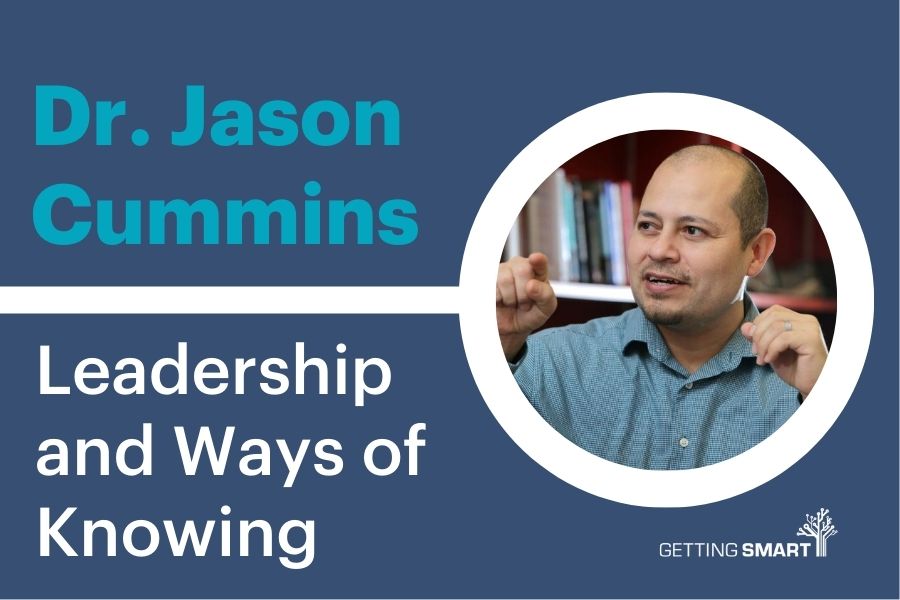
On this episode of the Getting Smart Podcast, Mason Pashia is joined for a second time on the podcast by Awaachiáookaate’, or Jason Cummins Ed.D. He is an enrolled member of the Apsaalooke Nation, and recently served as a principal at Crow Agency Public School. As an Indigenous scholar and school leader he has innovatively worked to lead schools towards authentically serving Native American students PreK-12 and their communities by implementing culturally sustaining, trauma-informed, and restorative approaches.
Dr. Cummins is currently serving as the Deputy Director for the White House Initiative on Advancing Educational Equity, Excellence, and Economic Opportunity for Native Americans and Strengthening Tribal Colleges and Universities, Office of the Secretary.
“We had our own education systems or ways, to teach how to live, how to respect, how to interact with the world…”
Dr. Jason Cummins
Links:


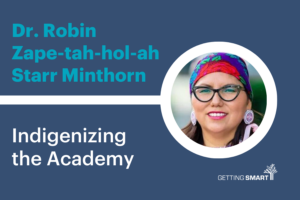
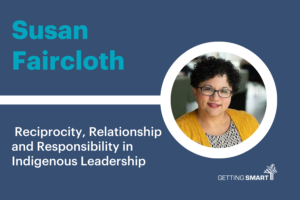
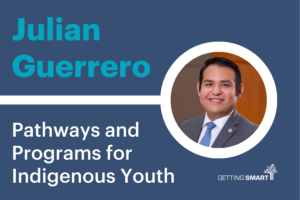
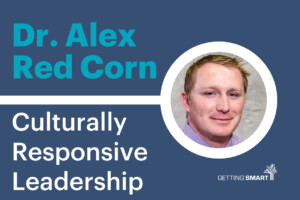
0 Comments
Leave a Comment
Your email address will not be published. All fields are required.